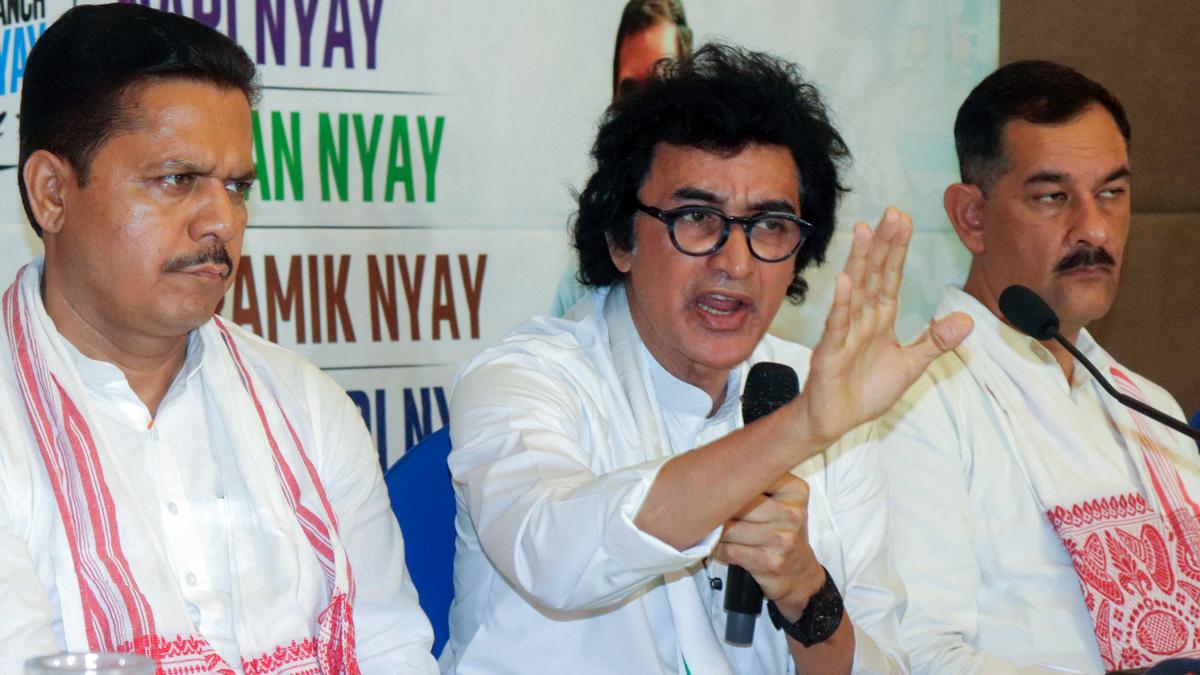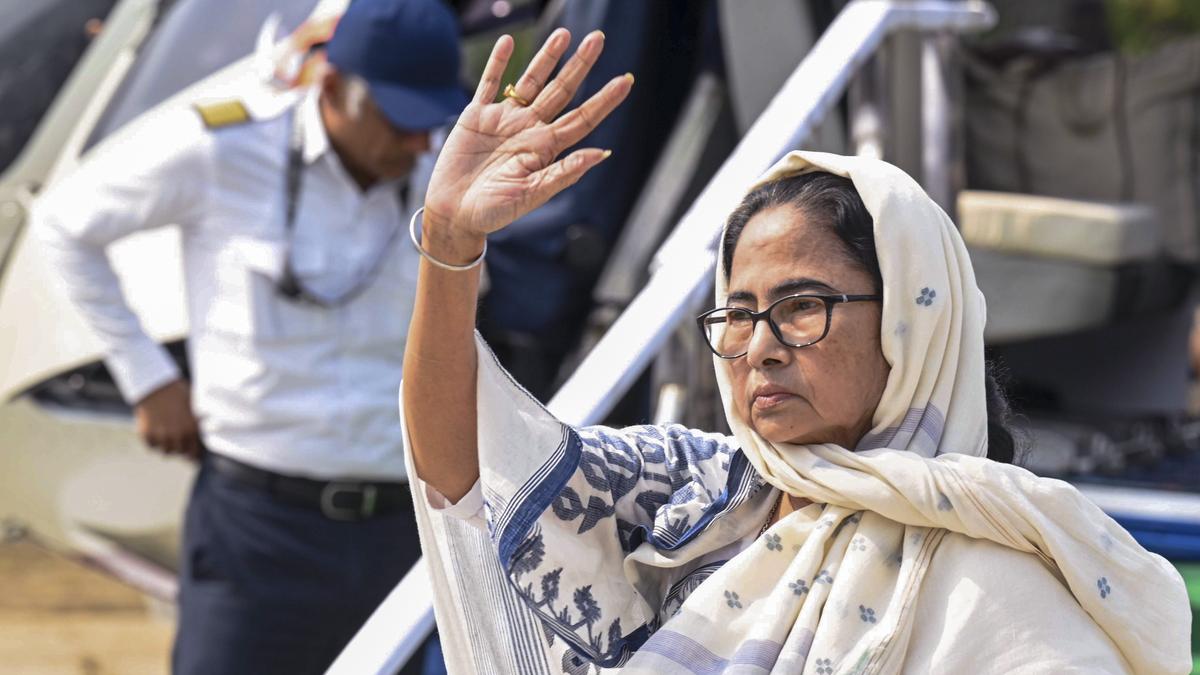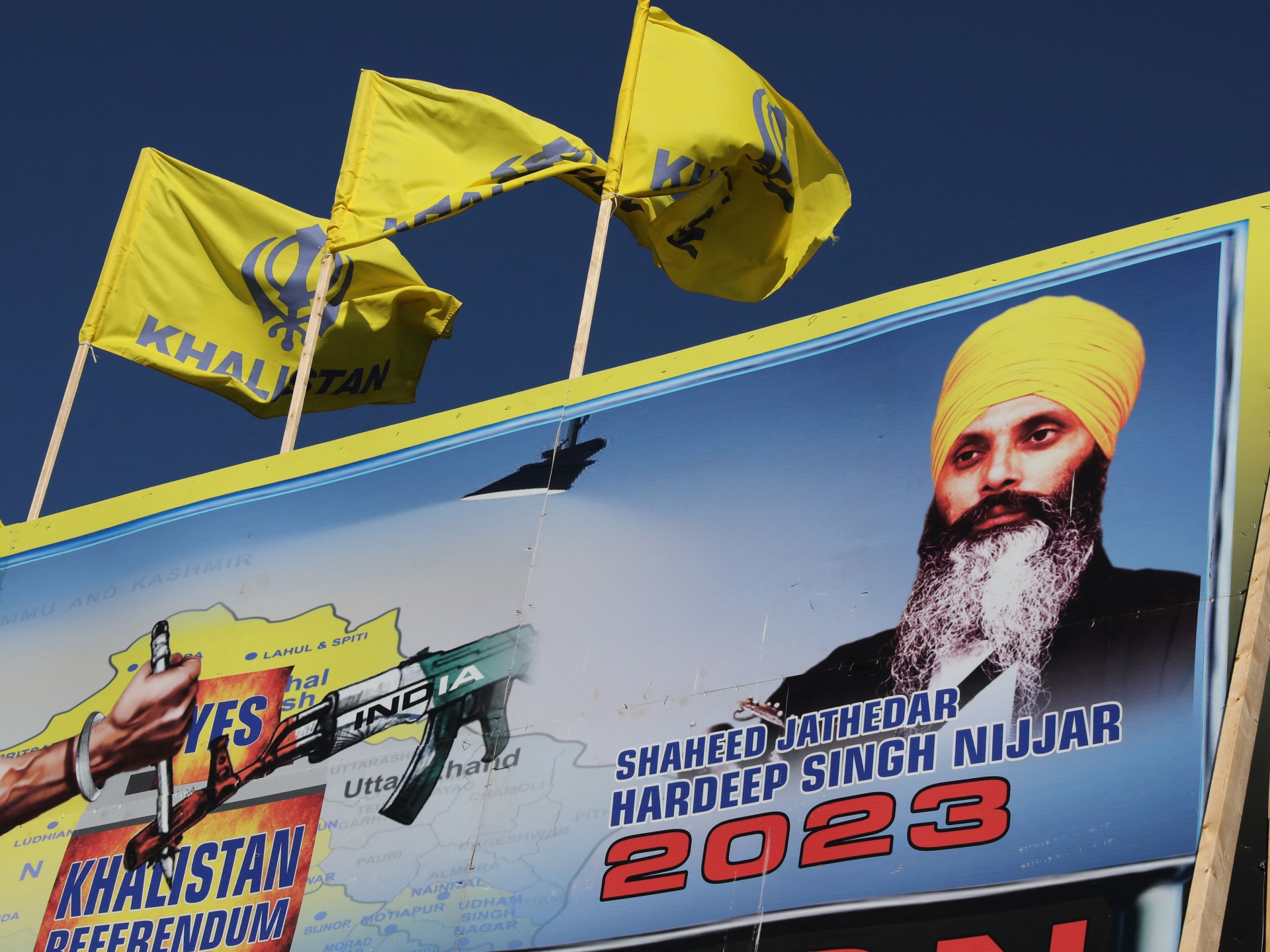Addressing a rally in Rajasthan’s Tonk-Sawai Madhopur Lok Sabha constituency, which votes on April 26, Prime Minister Narendra Modi said that the Congress has tried to reduce the reservations for Scheduled Castes (SCs), Scheduled Tribes (STs) and Other Backward Classes (OBCs) and give it to Muslims in defiance of the Constitution. He made a specific reference to the attempts made by the Congress government to provide a 5% quota for Muslims in Andhra Pradesh saying that it was a “pilot project” that it wanted to implement for the entire country.

He further pointed out that the BJP government, when elected in Karnataka, abolished the Muslim reservation in March last year, a reservation which he alleged “was created by snatching it from STs/SCs.” This is however not the first time that the BJP has articulated its stance on the Muslim quota. Last year in June, while addressing a rally in Maharashtra, Union Home Minister Amit Shah said that “reservation for the Muslim community is against the Constitution.”
Reservations for Muslims
Several Muslim communities are entitled to the OBC reservation at the central and State levels. This stems from Article 16(4) of the Constitution, which guarantees reservations for a “backward class of citizens, which in the opinion of the State, is not adequately represented in the services under the State.” The third Backward Class Commission headed by Justice O. Chinnappa Reddy in its report categorised Muslims as “educationally and socially backward” and further concluded that the economic plight of Muslims is close to that of the SCs in many educational parameters. Accordingly, it recommended exclusive educational reservation for Muslims under Article 15 (4) of the Constitution. In 2006, the Justice Sachar Committee report arrived at similar conclusions.

Importantly, OBC reservations exclude the “creamy layer” (₹8 lakh annual income or more) — members of backward classes who are better off socially, educationally or economically. This means socially progressive and affluent Muslims are not entitled to this benefit. The quota also differs from State to State.
In Kerala, out of the 30% OBC quota, Muslims are entitled to 8% in educational institutions and 10% in government jobs. Tamil Nadu provides reservations to close to 95% of its Muslim communities. In Bihar, where OBCs have been divided into backward and most backward classes, Muslims fall into the latter category.
Revocation of Muslim quota in Karnataka
In Karnataka, out of the 32% reservation for OBCs, a sub-category comprising 4% was reserved for Muslims. However, the BJP-led Basavaraj Bommai government quashed the quota last year and redistributed it among dominant Hindu castes such as the Vokkaligas and Lingayats before the Assembly elections in May. It defended its move, saying that the grant of reservation to an entire community based on religion is constitutionally impermissible and that Muslims would continue to benefit from the Economically Weaker Sections (EWS) quota.
However, in an earlier interview with The Hindu, experts flagged the revocation as legally untenable. Political scientist Muzzafar Assadi pointed out that Muslims were categorised as a backward class and not given reservations based on religion. “Muslims were included in the OBC list based on a study of their socio-economic conditions and recommendations by the .G. Havanur and Chinnappa Reddy Commissions. This has been further confirmed by the Sachar Committee Report. On what basis did the State government decide that Muslims were no longer “backward” and they were to be considered a “forward” community?” he asked.
In April 2023, the Supreme Court while hearing petitions challenging the move said that the government’s decision was “prima facie shaky and flawed.” The Bommai government assured the Court that no fresh appointments or admissions would be made in terms of the contentious government order while the case was underway.
Consequently, a promise to restore the 4% quota for the Muslim community was made by the Congress in its manifesto ahead of the Assembly elections, where the party enjoyed a landslide victory.

On April 24, 2024, days before the first round of polling in Karnataka for the Lok Sabha, the National Commission for Backward Classes Chairperson Hansraj Gangaram Ahir said that he would summon the Chief Secretary of the government over the State’s categorisation of the OBC quota, which provides for “blanket reservation” to Muslims under Category II-B. In February, the Congress government had defended its move by saying that they are considering Muslims and Christians as neither caste nor religion but as backward classes, as recommended by various Commissions formed by the State government.
The quota for Muslims in government jobs and education is historically perceived to have been introduced by H.D. Deve Gowda’s Janata Dal in 1995 when he was the Chief Minister. A distinct classification — 2B was made within the OBC quota for Muslims. Interestingly, Deve Gowda’s JD(S) is now an ally of the BJP-led National Democratic Alliance (NDA) in Karnataka.
Andhra Pradesh quota
In Andhra Pradesh, where Muslims constitute 9.5% of the population, certain sects such as the Dudekula, Laddaf, Noorbash, and Mehtar have OBC quotas ranging from 7% to 10%. This reservation is being implemented under a separate category of OBCs known as BC-E, without cutting into the existing OBC quota. However, there has been a push to include all Muslims in the OBC category following the precedents in Karnataka and Kerala.
2004 attempt
In June 2004, the Congress government asked the Commissionerate of Minorities Welfare to look into the “socio-economic and educational conditions of the Muslim community in the State” to include them as OBCs. Accordingly, a 5% reservation to “Muslim minorities in employment, educational and other fields on par with the Backward Classes in the State” was recommended by the Commissionerate which was implemented in July 2004.
On September 21, 2004, a five-judge Bench of the Andhra Pradesh High Court struck down the quota as unconstitutional by underscoring that the reservation was implemented without consulting the State’s Backward Classes Commission as statutorily mandated. It also pointed out that the quota did not exclude the “creamy layer,” and permitted reservations to Muslims as a whole contrary to the Supreme Court’s directives.
Accordingly, the Court directed the State government “to reconstitute the Commission for Backward Classes, and on such reconstitution of the Commission for Backward Classes, the Government shall initiate the process of consultation and forward the necessary material, including the G.O. Ms. No.33, to the Commission for Backward Classes.”
However, the Court acknowledged that Muslims are entitled to affirmative action and that reservations do not offend the principle of secularism.
2005 attempt
On June 20, 2005, the State government implemented the Andhra Pradesh Reservation of Seats in the Educational Institutions and of Appointments or Posts in the Public Services under the State to Muslim Community Ordinance, 2005, which was later replaced by a law providing for 5% quota for Muslims in education and employment. This was based on the Backward Classes Commission’s observation that the Muslim community was “socially, educationally and economically backward” and was therefore entitled to affirmative action.
The law however breached the 50% ceiling on reservations as propounded by the Supreme Court’s Indra Sawhney judgment. Accordingly, a five-judge Bench of the High Court once again struck down the quota for being based on “unscientific and defective criteria.”
The ruling was subsequently challenged before the Supreme Court. On January 4, 2006, an interim stay on the High Court’s verdict was granted after which it was referred to a Constitution Bench. As a result, college enrollments made on the basis of the reservation law remained unaffected. In 2002, former Chief Justice of India (CJI) U.U. Lalit said that he would list the appeal for hearing after the Court concludes hearing the EWS quota case. However, no hearing has taken place yet.

Dalit Muslims’ demand for SC quota
A claim for inclusion under the SC quota has been made by Dalit Muslims. However, the Centre has opposed such a plea before the Supreme Court by alluding to the seeming “foreign” origins of Islam and Christianity compared to Hinduism, Sikhism and Buddhism.
“It is submitted that the present is a case of classification between Indian citizens and foreigners which cannot be doubted on any count. It is well established that Article 14 forbids class legislation but does not forbid classification, though the present case does not involve any foreign citizens as parties,” its affidavit stated.
Also Read: Should Dalit Muslims and Dalit Christians be given SC status?
In April last year, the government requested the top Court to wait for the report of the three-member Commission of Inquiry headed by former CJI K.G. Balakrishnan before considering petitions seeking the grant of SC status for Dalit Muslims and Christians.

 1 week ago
93
1 week ago
93



